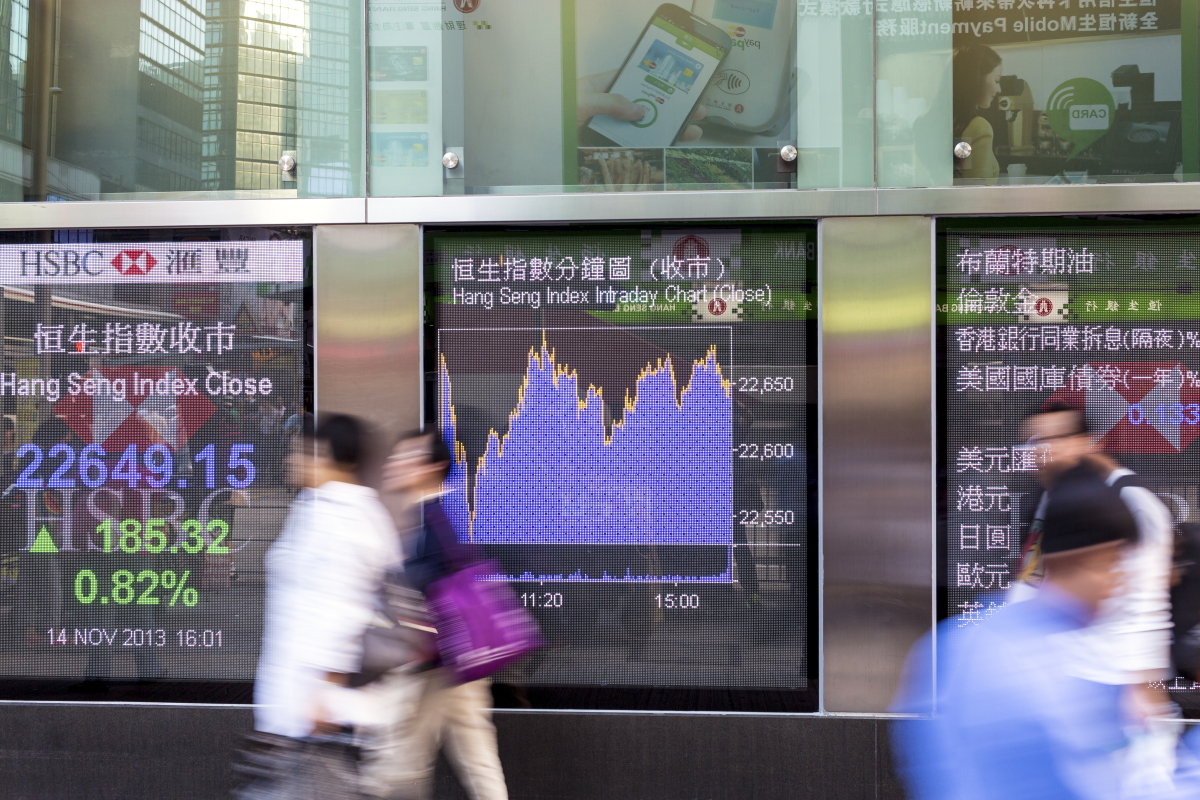Upbeat investor sentiment has lifted Chinese stocks as much as 8% in the past month and a rebound in the second half of 2022 seems likely, market experts have said in unison. China equities outlook for the rest of the year has turned positive as the country opens from Covid-19 lockdown, while government policies to spur economic activity have provided relative stabilization.
Global asset management companies over the past weeks have published positive insights on China’s equities. Late last month, UBS said that Chinese markets are reaping the benefits of waning Covid cases along with improved economic and regulatory conditions.
“Investor sentiment tends to coincide with government policies. The level of pessimism reached a peak in April, after the Shanghai lockdown. But it should not remain negative and is starting to look up,” Bin Shi, Head of China Equities at UBS, said during a webinar. “Compared to the past, Chinese equities are trading at the bottom of their historical trading range. We believe much of the negative sentiment is already reflected in the stock price.”
Similarly, JP Morgan Asset Management remains constructive on Chinese Equities. “China’s economic rebound, additional stimulus and regulatory environment shifting from framework setting to enforcement could facilitate a valuation re-rating in both onshore and offshore Chinese equities”, Tai Hui, Chief Asia Market Strategist said.
“Bejing is aware of the problems”
Concerns, however, remain. The CSI 300 Index – replicate the performance of the top 300 stocks traded on the Shanghai Stock Exchange and the Shenzhen Stock Exchange – has seen a pullback in the first week of July as mass testing in China has again raised the possibility of a lockdown due to the country’s zero-Covid policy.
Also, slowing global growth is likely to impact Chinese exports which may prove detrimental to the economy. On top, China is facing several other domestic issues such as regulatory crackdowns, falling consumption, bad debt in the financial sector, and the unravelling of the real estate sector.
John Vail, Chief Global Strategist at Nikko Asset Management, expects that China’s economy will be able to overcome the current difficulties. “The government is aware of these problems and is trying to reduce some of the regulatory pressure and address various crisis points. However, it is likely to maintain the course away from a real estate-oriented to a technology-oriented nation,” Vail said.
Pinebridge Investments in its recent insights report acknowledges that “the property sector, an economic pillar that had been under pressure even before the last Covid outbreak, has yet to stabilize”. The investment firm see China’s underlying secular trends, such as digitalization, ESG-related imperatives, and rising middle-class consumption as strong economic drivers.
French firm BNP Paribas Wealth Management expects China’s market to rally further in the coming months BNP highlighted President Xi Jinping’s government’s focus on pushing consumption higher to restore economic growth such as a new household appliance subsidy programme.
According to Michelle Qi, Eastspring Investments Shanghai’s Head of Equities, a steady emphasis on pro-growth policies is key to boosting consumer confidence as retail sales and credit demand are still weak. Qi also takes the medium to long term perspective, favouring the high-end manufacturing sector “which should benefit from increasing domestic substitution, as well as the new energy, consumer and medical services sectors which are likely to enjoy higher structural demand.”


 Australia
Australia China
China India
India Indonesia
Indonesia Japan
Japan Malaysia
Malaysia Philippines
Philippines Singapore
Singapore South Korea
South Korea Taiwan
Taiwan Thailand
Thailand Vietnam
Vietnam







